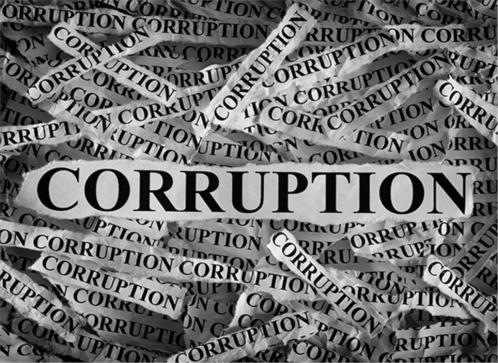The EACC report sheds light on the alarming prevalence of bribery, particularly in regions like West Pokot and Nairobi.
A study by the Ethics and Anti-Corruption Commission (EACC) has revealed staggering statistics on the extent of corruption in Kenyan counties.
The EACC report points to the alarming prevalence of corruption, particularly in areas such as West Pokot and Nairobi.
It highlights counties where corruption has become deeply rooted in the delivery of government services.
West Pokot emerges as a corruption hotspot, with respondents reporting paying an average bribe of KES 56,695, followed closely by Nairobi, where bribes averaged KES 37,768 KES.
Other counties grappling with rampant corruption include Murang’a, Kisii and Uasin Gishu, where bribes range from KES 11,136 to KES 18,378.
“Regarding counties, on average, respondents paid the highest amount of bribe in West Pokot counties (KES 56,695); Nairobi (KES 37,768); Murang’a (KES 18,378); Kisii (KES 16,810); and Uasin Gishu (KES 11,136),” the EACC report said in part.
The EACC lists affected services and institutions Additionally, the study identifies specific services and institutions most susceptible to corruption.
These include passport applications, finding employment, obtaining police clearance certificates and releasing arrested persons on bail.
It further notes that these areas constitute the main areas where bribes are solicited, collectively accounting for a significant portion of national bribe payments.
The root causes of this endemic corruption in the counties, according to the report, are multifaceted, encompassing factors such as poverty, cultural norms and the abuse of state power by political elites. Poverty, in particular, perpetuates a vicious cycle where people resort to corrupt practices in an attempt to improve their standard of living.
Additionally, the normalization of corruption within society has eroded ethical standards, making it increasingly difficult to effectively address this deep-rooted problem.








